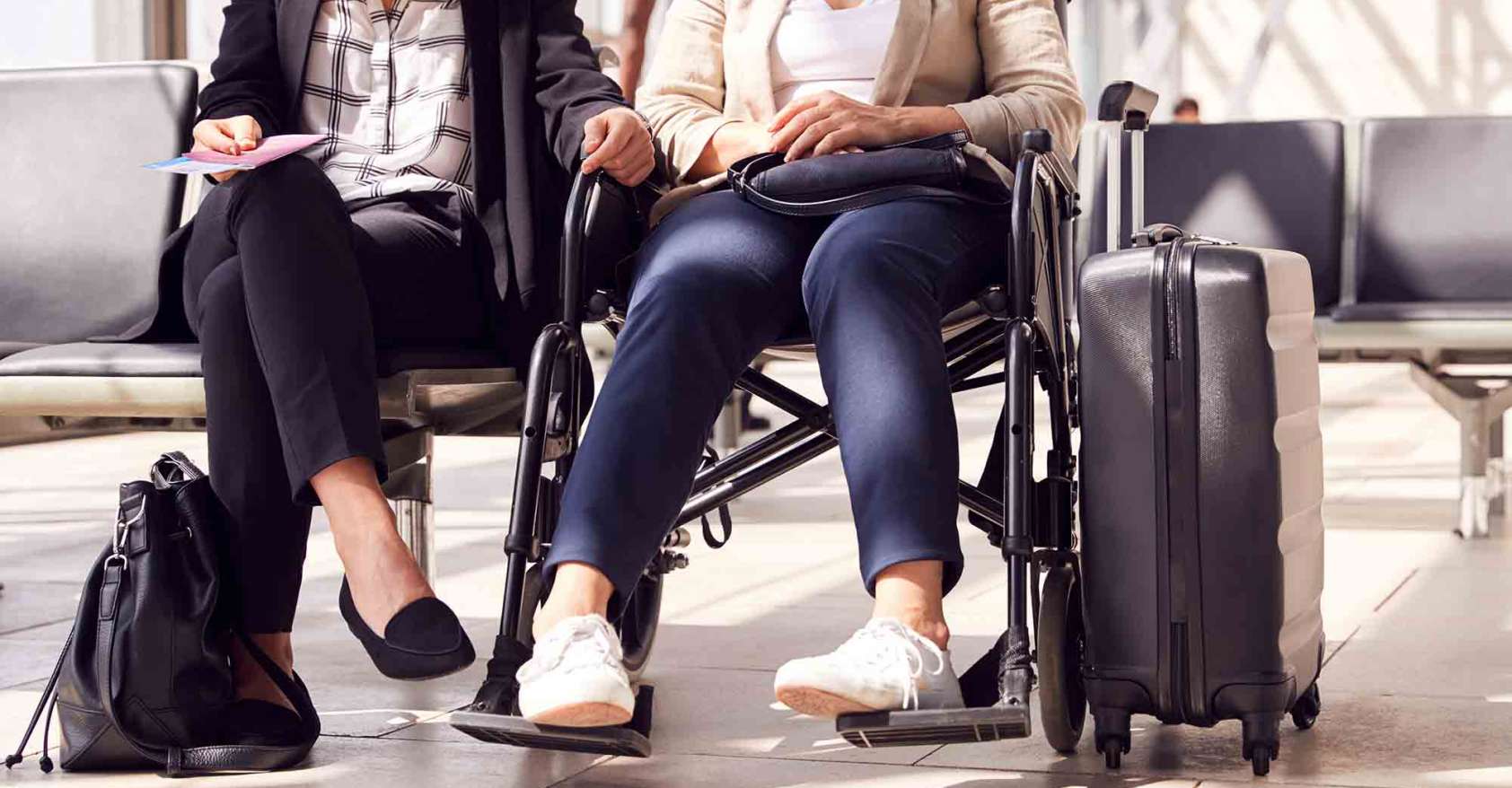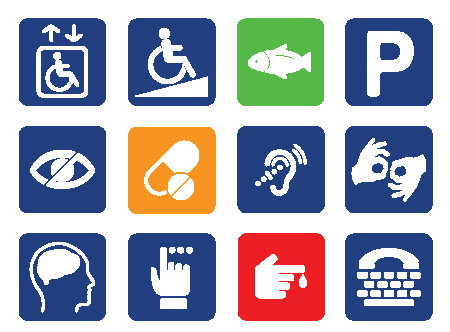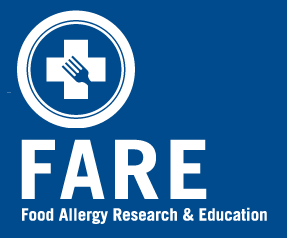We know what disabilities are, and I discussed invisible disabilities in, “Thrive! With Invisible Disabilities, Part One.” In part two, I want to chat about some of the behaviors and concepts that will help illustrate dietary restrictions and invisible disabilities. As a reminder, invisible disabilities are also called hidden disabilities because they are restrictions that aren’t clearly visible or apparent. Food allergies and intolerances are included when we talk about invisible disabilities because, just like asthma, arthritis, and other conditions, diseases, and dysfunctions, we can’t see the challenges those with invisible disabilities may be experiencing. The Americans with Disabilities Act…











